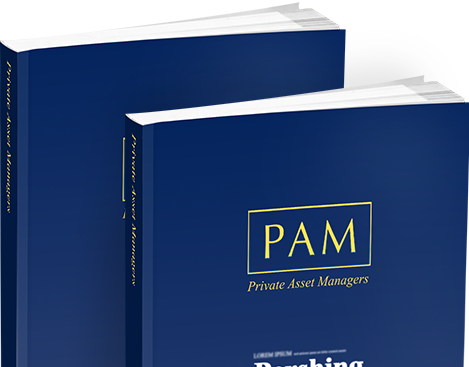The Certified Financial Planner (CFP) licence is a qualification granted by the Institute of Financial Planning. Any adviser can call him or herself a financial planner. But only those who have fulfilled the licence and renewal requirements of the Institute of Financial Planning can display the CFP licence mark.
Individuals certified by the CFP licence have voluntarily submitted to the CFP process that includes an education, examination, experience and ethical process.
Through the Code of Ethics, CFP practitioners agree to act fairly and diligently when providing you with financial planning advice and services. The Code of Ethics states that CFP practitioners are to act with integrity, offering you professional services that are objective and based on your needs. They are required to provide you with information about their sources of compensation and conflicts of interest in writing and CFP practitioners must keep confidential any personal details obtained while working with you.
Once certified, CFP practitioners are required to maintain technical competence and fulfil ethical obligations. Every year, they must complete a minimum 30 hours of continuing professional education. In addition to the continuing education requirement, all CFP practitioners voluntarily disclose any public, civil, criminal, or disciplinary actions that may have been taken against them during the previous year, as part of the renewal process.
The PAM Directory is a comprehensive guide on comparative data focusing on asset managers, investment managers, private banks, stockbrokers, wealth managers and multi-family offices, who provide discretionary and/or advisory portfolio management services for private clients.
Order Now
Subscribe to PAM to hear about the latest news and promotions
Site Content Copyright PAM Insight Ltd 2016
This option is not available when logged in as a Private Asset Manager.
For registering with PAMonline. You should now receive an email asking you to verify your email address. If you do not receive this email, please call +44 (0)207 967 1601 for assistance.
To reset your password please enter code below.
To restore your password please enter your email below.
To see full information of the Private Asset Managers, plus the opportunity to rate and follow, login or register
For registering with PAMonline.
You should now receive an email asking you to verify your email address.
If you do not receive this email, please call +44 (0)207 967 1601 for assistance.
To return to the Home page, click here
To see full information of the Private Asset Managers,
plus the opportunity to rate and follow, login or register.
Please fill in all the fields.
To activate your account enter valid activation code below.
To resend activation email type in your registered email address below. Or contact the PAM office on +44 (0)20 7967 1608 to get instructions to activate your account.
